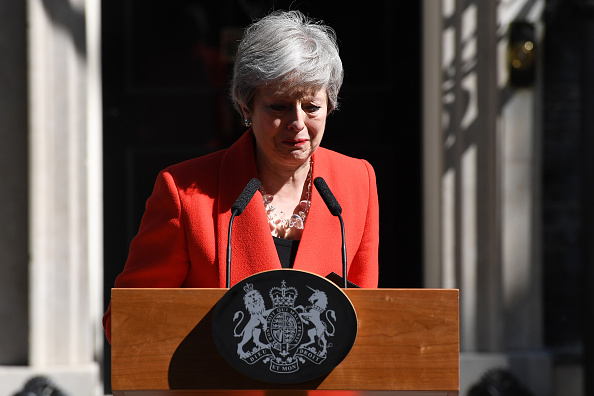The Conservative Party was founded 185 years ago and may not survive the next five. YouGov and Opinium both put the Tories in third place and on less than 20 per cent of the vote. They managed just 8.8 per cent in the European election, coming fifth behind the Greens and losing all but four of their MEPs. The primary cause of la crise actuelle is the government’s failure to deliver Brexit and it is to this which much of the Tory leadership conversation is addressed. However, there are other factors, structural and social, which have depressed the Tory vote and candidates to replace Theresa May are keen to prove they can win voters back to their party’s tarnished brand.
There is one demographic in particular they need to understand better. These voters list their main priorities post-Brexit as the economy, crime and the NHS; less than a third cite immigration. Most want current levels of tax and public spending to continue, while one-fifth want more spent on services even if it means raising taxes. Only a third support tax cuts and spending reductions. Forty-two per cent want the next prime minister to maintain present efforts on climate change and 36 per cent want him or her to go further. Fifty-nine per cent support same-sex marriage.
Aspiring Conservative leaders, meet the party you aspire to lead. These responses, given to pollsters by card-carrying Tories, are largely unreflected in leadership pitches. With the exception of Rory Stewart, the candidates are fixated on Brexit. Confronting your base with unpalatable truths isn’t always a winning strategy — just ask Liz Kendall or Michael Portillo — but the political profile of Tory supporters and their target voters has been changing for some time. Tory identifiers, like broader Middle England, have evolved from blue-rinse bring-backers into something more muddlingly modern. The Tory offering, on the whole, does not mirror these changes. That should worry the party because, on a number of issues besides Brexit, it is speaking to the values of neither its core vote nor those demographics it needs to assemble a winning coalition.
So, what are the values of Tories and these voters they must reclaim? For one, they are worried about climate change. Almost seven in ten Tory supporters back renewables subsidies, 62 per cent favour a ban on energy-inefficient household appliances and more than a third endorse a fossil fuel tax. This is roughly in line with the general population. The March BEIS public attitudes tracker showed the highest levels of climate concern lie not with the young but among voters aged 55-64 (84 per cent) and 45-54 (82 per cent). ABC1 voters worry most about the effects of climate change on the UK, with 67 per cent of ABs predicting extreme weather events within the next two decades, a majority expecting animal extinctions and four in ten C1s foreseeing water shortages.
Climate change is an emerging wedge — a security and quality-of-life issue — among voters the centre-right could previously rely upon. There are many other matters on which the Tories will have to update their thinking — and fast. Dominic Raab calculates that proposing a 15 per cent basic rate of income tax will have Tory members salivating but a majority of Tory voters are now tax-and-spenders, with sympathy for that position climbing 18 points in three years.
While Tory voters’ hostility towards immigration remains high, the country as a whole has softened on the matter. The proposition that there are too many immigrants in Britain commanded 68 per cent support in 2007; by 2017, that had plummeted to 45 per cent. At the start of the decade, 64 per cent of Britons deemed migration a negative and only 19 per cent a positive; today, the figures are 48 per cent positive and 26 per cent negative. Majorities of professional and managerial class voters say immigration enriches the culture (61 per cent) and is good for the economy (57 per cent), while a majority (52 per cent) of graduates believe it creates jobs.
Ordinarily in politics, identifying a problem is the first step to solving it but not so in the Tories’ case. The changing demographics of their core and outer votes put them in an impossible position. Lean towards educated social liberals concerned about climate change and you risk losing authoritarian C2s more worried about crime and immigration to the Brexit Party. Shift to a statist-populist platform of high tax and spend, monoculture and protectionism and you gift the Liberal Democrats your upwardly-mobile professionals. If we are witnessing a realignment of British politics, away from restraint versus redistribution to cosmopolitanism versus nationalism, the Tories’ electoral coalition is vulnerable on all fronts and may be too unwieldy to hold together. No political party has a right to live beyond its usefulness. Delivering Brexit is essential to stabilising the Tory Party but it may not be enough to save them.







Comments